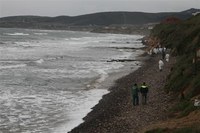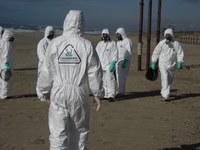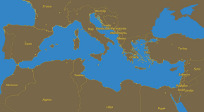Oil Spill Volunteer Management
Volunteering can be an important aid during emergency situations, through spontaneous offers or an integrated approach using pre-identified skilled volunteers.
Nevertheless there are a number of essential aspects which must be considered to benefit in the most appropriate manner from this resource and to be prepared for managing the contributions of a large number of volunteers.
An oil spill always creates an emotional shockwave amongst the community which translates for many citizens in an urge to assist in the clean-up operations. Authorities are quite often taken aback by this sudden afflux of volunteers which, if not correctly addressed, could have an adverse cascading effect on the crisis management. This may explain the difference of the use of volunteers in different countries.
Volunteering is an act of highly commendable citizenship with the understanding that the authorities should remain in charge of the overall operations and, in this context, it is their responsibility to accept, select, train, assign duties to the volunteers in accordance with the actual needs, and taking into account the potential resulting liabilities. In particular, it is the authorities’ responsibility to ensure that adapted health and safety measures are in place and enforced, and that volunteers are not exposed with inadequate protection to substances that could result in health hazard.
The material produced within POSOW assists in defining the roles of the available workforce according to the existing profiles, the corresponding “chain of command”, the assessment of the required logistical arrangements as well as liability and reimbursement related matters. The Project aims, under the theme “Oil Spill Volunteer Management”, at addressing, all operational, logistical and organizational issues to consider volunteer contribution as an additional asset within oil spill response national systems.



Source: © ISPRA


